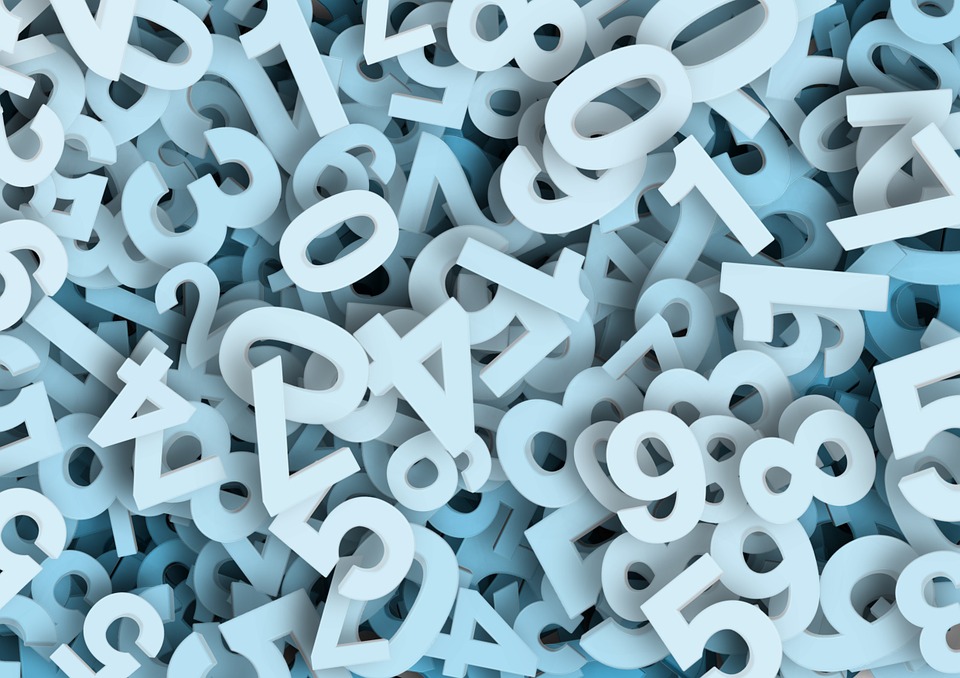
Dyscalculia is a very real learning difficulty that is often overlooked; it makes learning math more difficult than it would be for the average person (compare it to reading for dyslexic persons). Many people that have this learning difficulty often do not realize they have it and shrug it off as just being bad at math. Dyscalculia did not become an actually recognized learning difference until 1974 and there are actually two kinds of this learning difference: one people are born with and the other it is later on developed in life. However, for those born with it, it can be caused by certain factors such as a mother drinking while pregnant, etc. Although a lot of the people who have this learning difference of dyscalculia do not realize they have it because they think they're just bad at math, just being bad at math does not mean that you have this condition. After experiments and multiple tests, a conclusion was made that perhaps this learning difference mainly affects the part of the brain called the "parietal lobe". To make this conclusion valid a few tests were done on people where dyscalculia was induced for some people using an electromagnetic coil. This learning difference has been shown in pop culture, yet it is not a gender-specific learning difference. This learning difference can mean you are bad at math or it could mean that you have trouble being able to distinguish something as simple as whether a number is smaller/larger than another one. You can be at a greater risk of dyscalculia if you have epilepsy, ADHD, etc., and if you do have it, it is not curable; however, if it is diagnosed early on (which it can be difficult to diagnose) then arrangements can be made for that person to move forward in the right direction to make this learning difference less of a handicap for them.
Have Difficulty with Math? You Could Have Dyscalculia
Key Takeaways:
1
Dyscalculia is a mathematical disorder that causes many to have an aversion to maths
2
There is no cure for the disorder
3
The disorder is tough to diagnose
Read the full article here:
http://mentalfloss.com/article/62436/11-facts-about-math-disorder-dyscalculia
http://mentalfloss.com/article/62436/11-facts-about-math-disorder-dyscalculia
Do You Need help with a Dyscalculia Difficulty?
Our simple online analysis will help you get to the core of the problem and find the right solution for you.
Understanding how to help someone with a learning difficulty starts with understanding which micro-skills are affected. When you learn which of the micro-skills is the problem, you will then be on your way to solving it.
You'll also learn how to:
- Build confidence
- Enhance Learning ability
- Eliminate avoidance
- Build grit
You can get this analysis for free by filling out this simple form. This will help you get to the bottom of a learning difficulty and provide you with a solution. If you are ready to put this problem behind you click the button below and fill out the form.










